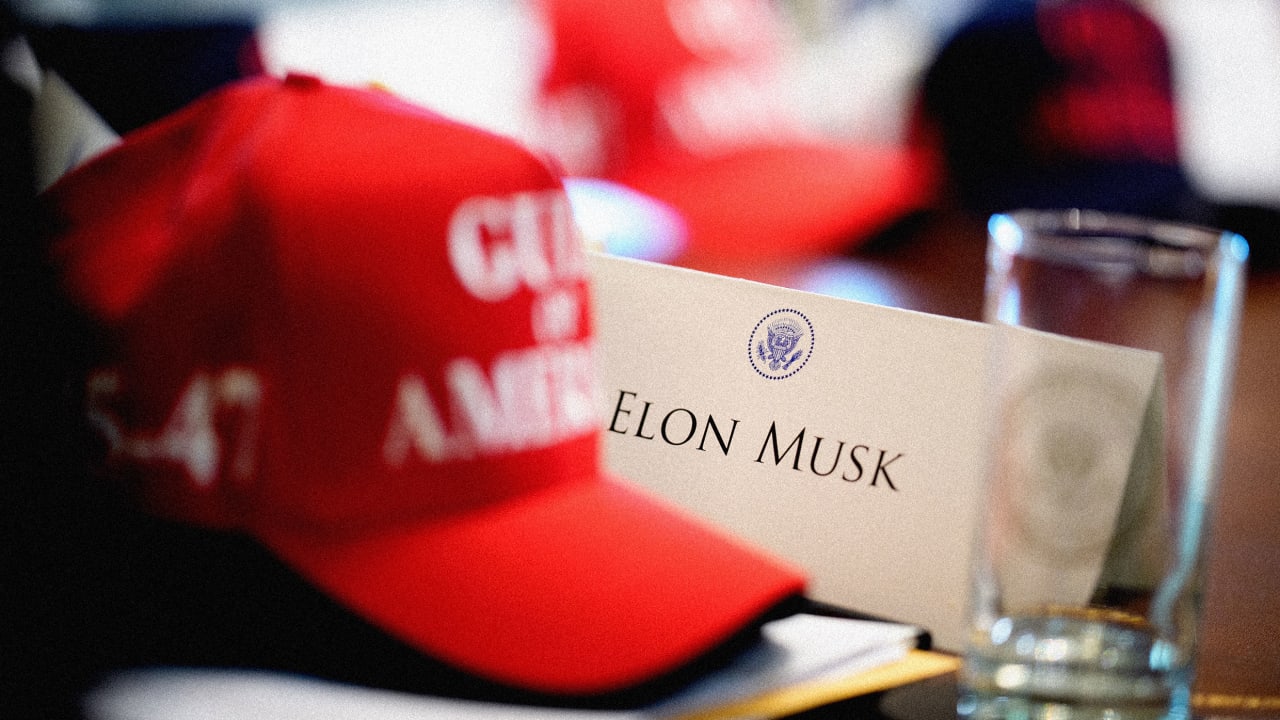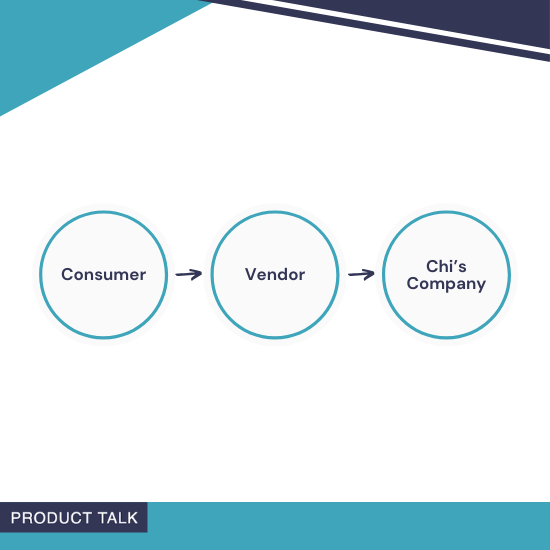Philosophy Eats AI: What Leaders Should Know
Ethics isn’t the only philosophical issue that organizations need to grapple with when developing and deploying AI. In fact, ethics and “responsible AI” are only a small part of the philosophical perspectives informing and guiding AI’s production, utility, and use. In this insightful video, MIT Sloan’s Michael Schrage and MIT Sloan Management Review’s David Kiron […]

Ethics isn’t the only philosophical issue that organizations need to grapple with when developing and deploying AI. In fact, ethics and “responsible AI” are only a small part of the philosophical perspectives informing and guiding AI’s production, utility, and use.
In this insightful video, MIT Sloan’s Michael Schrage and MIT Sloan Management Review’s David Kiron explain why leaders need to rigorously cultivate philosophical conversation if they want to realize strong returns and competitive advantage from their organizations’ generative and predictive AI investments.
Building on a recent popular article they coauthored, Schrage and Kiron break down how philosophical frameworks shape what AI systems prioritize and produce. They also explain the critical concepts of teleology (purpose), epistemology (knowledge), and ontology (categorization), and detail how thinking through these concepts can temper the strategic risks that come from giving AI a more strategic role in the enterprise.
You’ll learn:
- How Starbucks and Amazon redefined customer loyalty by reconsidering their philosophical assumptions.
- Why Google’s Gemini image-generation failures reveal philosophical confusion rather than technical problems.
- The competitive advantage that comes from clear thinking about what your AI systems should accomplish.
- Practical approaches to mapping philosophical frameworks in your organization’s AI systems.
This discussion will provide leaders with a unique lens for evaluating AI investments beyond technical specifications and a framework for creating a sustainable competitive advantage through philosophical clarity.
For a deeper exploration of these concepts discussed in this video, read the full article, “Philosophy Eats AI.”
Video Credits
Michael Schrage is a research fellow with the MIT Sloan School of Management’s Initiative on the Digital Economy. His research focuses on the behavioral economics of digital media, models, and metrics as strategic resources for managing innovation.
David Kiron is the editorial director, research, of MIT Sloan Management Review and program lead for its Big Ideas research initiatives.
M. Shawn Read is the multimedia editor at MIT Sloan Management Review.



























































































































![Are AI Chatbots Replacing Search Engines? AI vs Google [New Research]](https://www.orbitmedia.com/wp-content/uploads/2025/05/How-often-are-we-using-AI-chatbots_.webp)






































